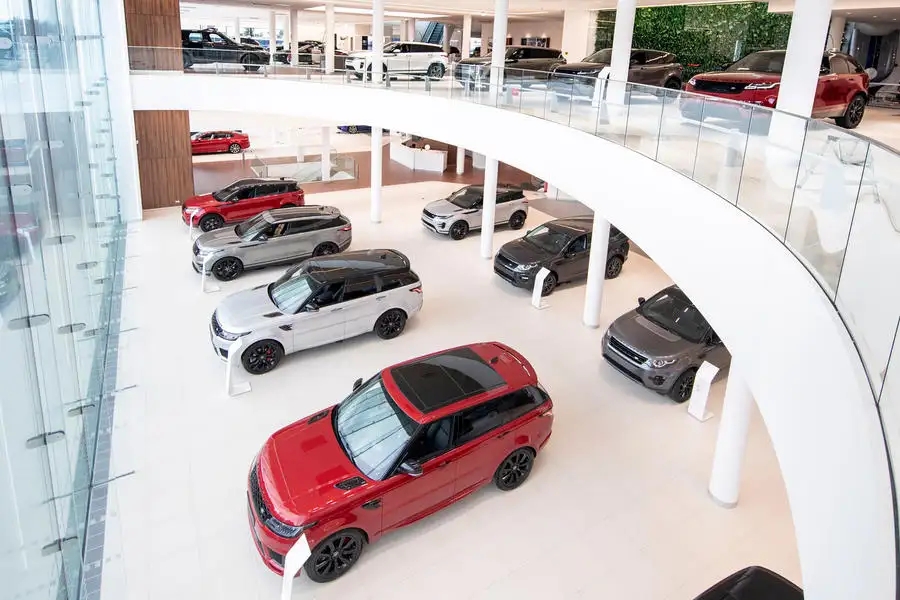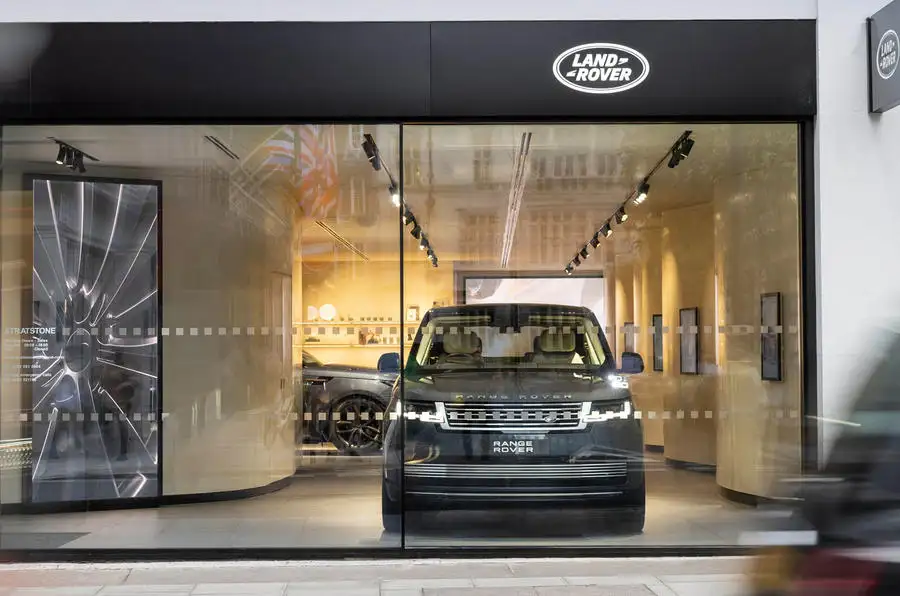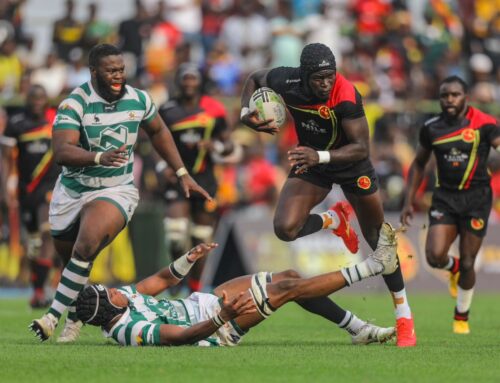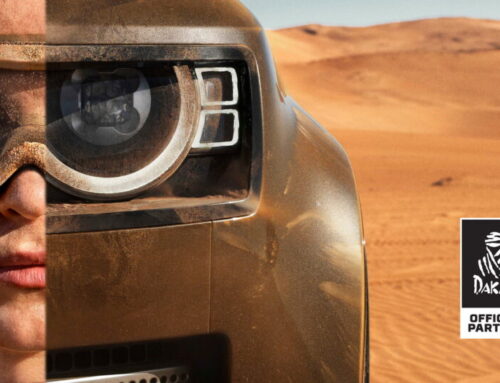Jaguar Land Rover will move to an agency model in the UK by the end of 2024.
Jaguar Land Rover’s plan to shift all of its UK dealers to the so-called ‘agency model’ by the end of 2024 will include a reorganisation of its showrooms as a “house of brands” where Jaguar, Range Rover, Discovery and Defender will all have their discrete area, JLR’s UK head of sales has said.
The most radical change, however, will be the shift to an agency, under which JLR will take control of the buying process, whether online or via the showroom, with the dealers paying an agent fee for handling each sale.
That’s a significant departure from the current wholesale model, whereby JLR sells cars to their dealer network. That works well in that JLR recoups its money quickly. Still, it also hands the dealer responsible for the final sale price – and ultimately, it becomes them and not the car company that forms a bond with the buyers.
However, when the carmaker sells directly to the buyer, that changes. “In an agency model, we have the direct relationship with the customer,” Paddy McGillycuddy, UK sales director and JLR rising star, told Autocar. That’s crucial as JLR expands its business model to sell additional software benefits such as features on demand. It also wants to get rid of the unseemly haggling. “If we are to fulfil our ambition to have luxury brands, then price cannot be an element of that transaction,” McGillycuddy said. “The price is the price of the car.”

But agency for JLR ultimately means consistency. “Fundamentally, it’s about the experience. How do we deliver luxury brands around luxury experiences?” McGillycuddy said.
This comes back to the “house of brands” idea. Under this reorganisation, the dealer that has already invested in the imposing ‘arch’ showroom design might now be asked to create four separate spaces under the one roof to showcase better Jaguar and those Land Rover models that have now become brands in their own right: Range Rover, Defender and Discovery.
The exact look and feel of the new showrooms is still under discussion with JLR’s agency steering committee, comprised of various stakeholders, including dealer groups. Still, it is likely to involve “no desks, softer furnishing, and a much more client-oriented luxury experience,” McGillycuddy said.
This will be extended beyond traditional edge-of-town showrooms. JLR, with dealer group Stratstone, recently overhauled their Mayfair, London, showroom to become a Range Rover Boutique. “That’s one of the benefits of the agency model: we can look at the right space to talk to clients and prospects,” McGillycuddy said. “That might be a boutique in Mayfair, the Arch facilities or a unit in a shopping centre. We can be much more flexible.”
Not all dealers love the idea of shifting to an agency. For example, Australian dealers for Mercedes, one of the first to move to direct selling, are suing the company for hundreds of millions in compensation after they claimed it would leave them out of pocket.
In the UK, Stellantis has postponed moving its premium brands – from July this year to the start of 2024 – after backlash from dealer groups.
Dealers fear they’ll lose out financially on the fee while still being asked to invest in their facilities. For JLR, this is all part of the discussion. “We are completely working in collaboration with partners,” McGillycuddy said. He also said cutting distribution costs is not a reason for the reorganisation, although JLR is still very focused on cost reduction as it navigates a path back to consistent profitability.
Targeted price drops to boost sales are one example. “Where retailers are very good today and where we need to get smarter at is dynamic pricing,” McGillycuddy said. “Clearly, we don’t want price to be differentiation [with rival brands], but we have to understand what suits what customer to be loyal and what will conquest new customers.”
One big fear among dealers is that car companies will use the shift to an agency to downsize their network, as is happening with Stellantis.
McGillycuddy acknowledged that the process “will see some consolidation” but wouldn’t be drawn on how many of JLR’s current 130 dealers would be left after the shift to the agency.

What’s clear, though, is that the number of actual physical sales will never return to pre-pandemic numbers, even after JLR navigates its way out of the chip crisis that is restricting production, slashing sales numbers and extending delivery times. Jaguar, for example, is never going to be a BMW-chasing premium-volume brand again after the new models arrive in 2025. “Jaguar will become a much lower-volume and higher-margin business,” McGillycuddy said.
Right now, the focus within JLR is on the three most profitable models, the Range Rover, Range Rover Sport and Defender, and 75% of global sales were for those models in the last three months of 2022. But come the end of 2024, when the agency model applies; the more bread and butter models will be back in the mix as supply chain problems are solved. And JLR will be keen to treat those sales with additional customer attention and focus on profit margins that it hopes the new business model will be able to unlock.
One advantage is that JLR has already switched to the agency model in South Africa. “That’s providing lots of valuable learning for us in terms of technology, customer behaviour, responsibilities and how it works online,” he said. One thing McGillycuddy has observed is that roles within the local JLR-owned national sales company change quite quickly. Jobs should be safe here as JLR sales teams get to grips with tasks that previously were the domain of the dealer.
Original Article: AUTOCAR
Share this article
Written by : Land Rover Club Team
The Land Rover Uganda Media and Editorial team.





